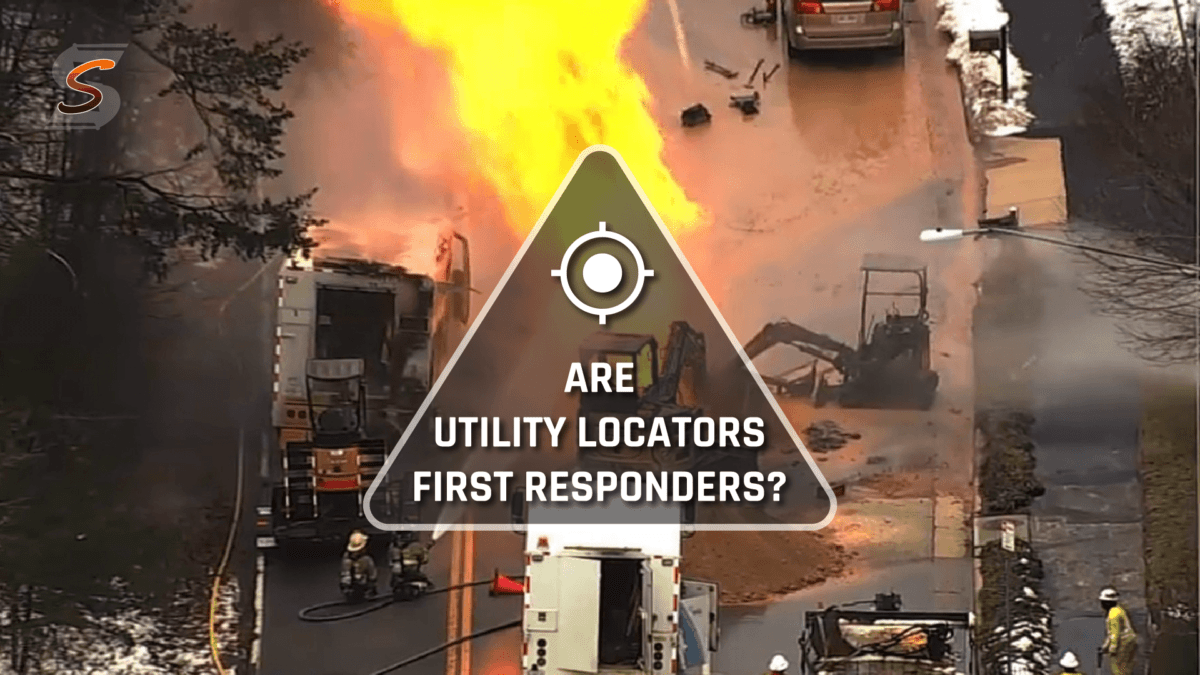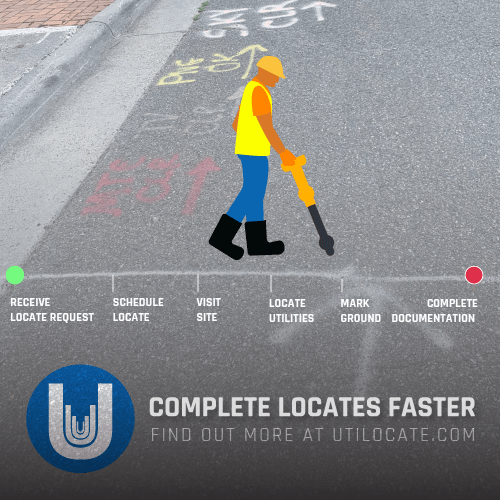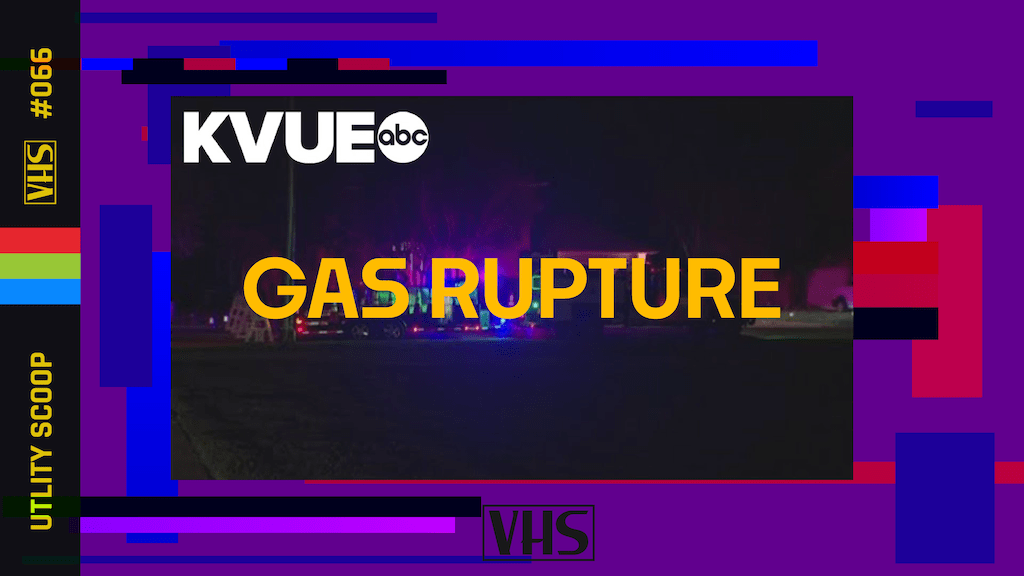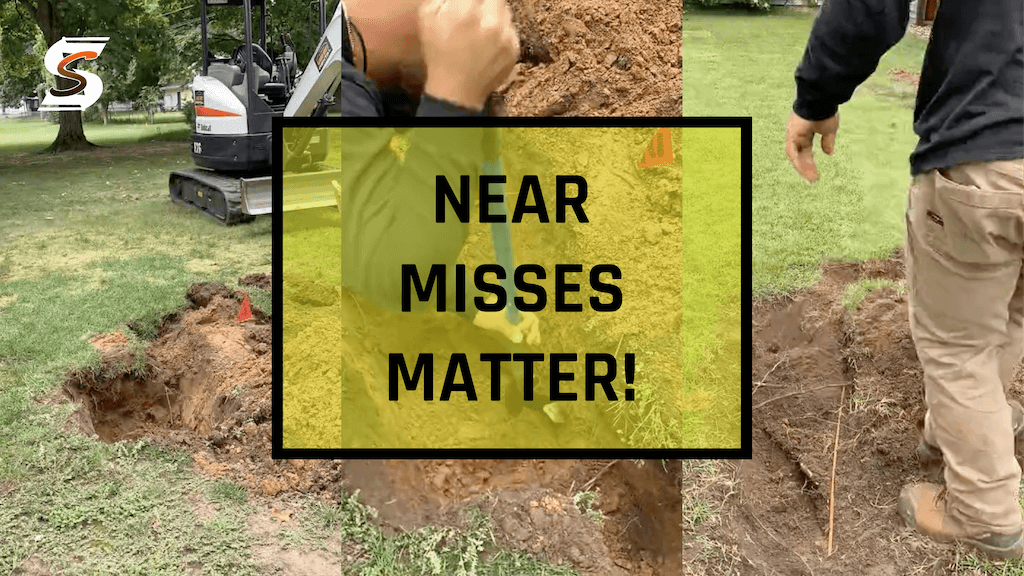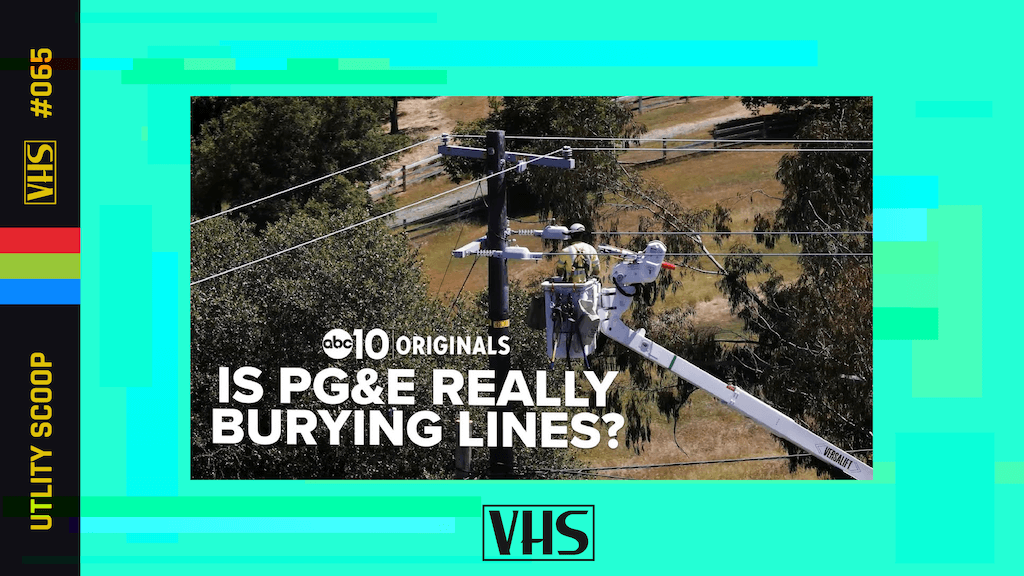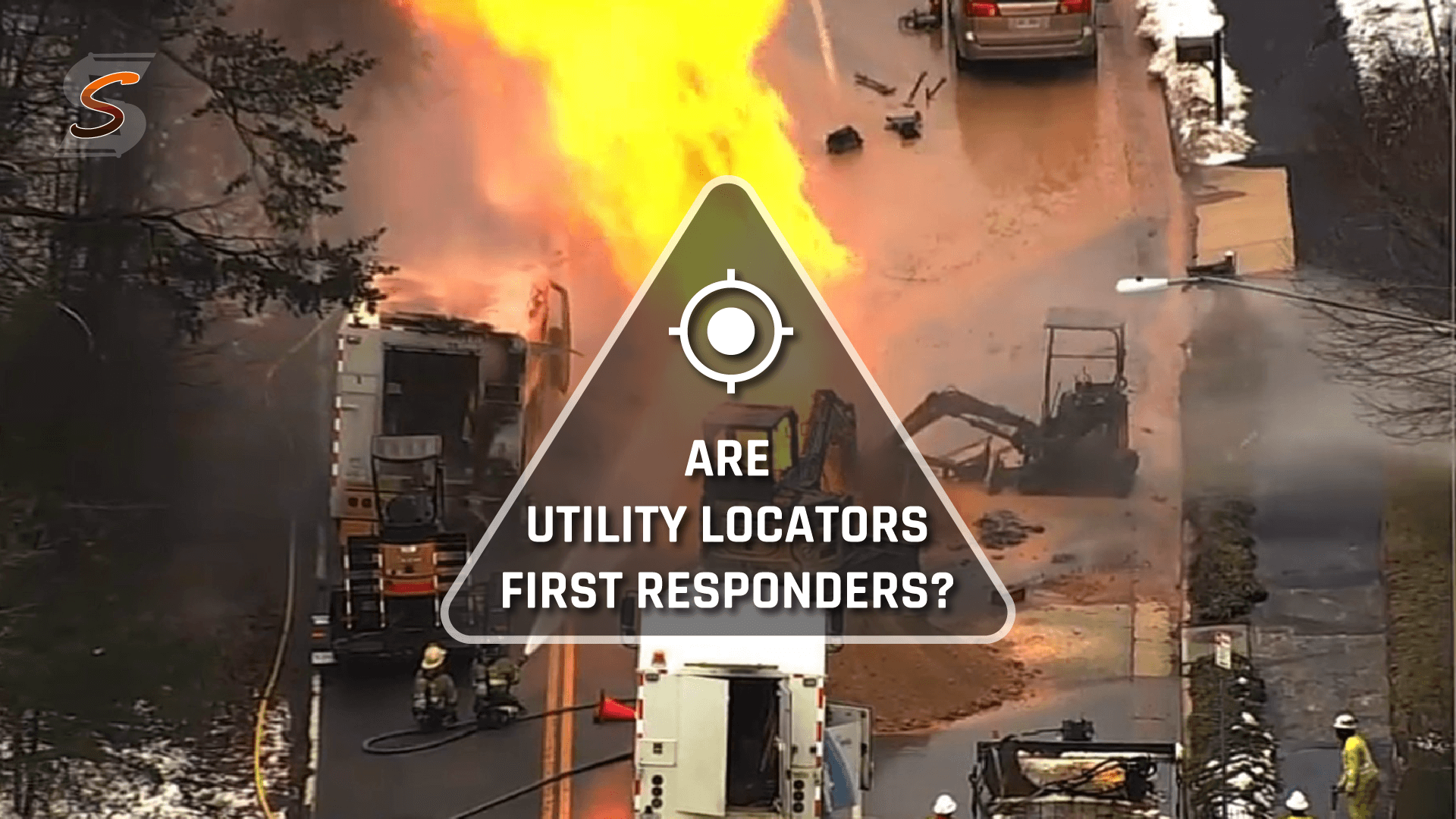
I was lurking on the Utility Locator subreddit this week and noticed two posts about Utility Locators being First Responders, these were posted in light of the tornadoes and then a gas leak at a home. So I thought I’d give my 2 cents on the subject. But first, let's define what a first responder is:
What is a first responder?
A first responder is typically defined as someone designated or trained to respond to an emergency situation with the primary purpose of protecting and preserving life, property, evidence, and the environment.
Here is a more detailed definition from the U.S. Department of Homeland Security:
"First responders are individuals who are among the first on the scene of an emergency, such as an accident, natural disaster or terrorist attack. These personnel include firefighters, emergency medical services (EMS), and law enforcement officers. Their role is to respond to the emergency and provide assistance and protection to those in need."
Key aspects of being considered a first responder usually include:
-
Rapid response to emergencies or critical incidents
-
Training in areas like rescue, emergency medical care, fire suppression, hazardous materials, etc.
-
Providing essential services to protect life, property and the environment
-
Operating in unpredictable, stressful and time-sensitive situations
-
Taking initial actions to mitigate the incident
-
Potential exposure to personal risk or hazards
So in essence, first responders are those with specialized training who arrive first on the scene of emergencies to provide essential services and take initial actions to stabilize the situation. Their timely response is critical and I think it's safe to say locators could fit into that category...
Making the case:
Utility locators play a critical role in ensuring the safety and efficient functioning of underground utility infrastructure, which is essential for various aspects of modern society. Here's the case for considering utility locators as first responders:
-
Public safety: Utility locators are often the first ones to respond to situations involving potential damage to underground utilities, such as gas lines, water mains, or electrical cables. Their prompt and accurate identification of these utilities can prevent serious accidents, explosions, or disruptions that could endanger lives and property.
-
Damage prevention: By accurately locating and marking the position of underground utilities before any excavation or construction work begins, utility locators help prevent costly and potentially hazardous damage to these critical infrastructure elements. This proactive approach saves lives, minimizes service disruptions, and avoids expensive repairs.
-
Emergency response: In the event of natural disasters, such as earthquakes, hurricanes, or floods, utility locators play a crucial role in assessing the integrity of underground utility systems. Their expertise is invaluable in identifying potential breaches or damage, which can guide emergency response efforts and prevent further harm.
-
Infrastructure maintenance: Utility locators are essential for the proper maintenance and repair of underground utilities. Their work enables utility companies and contractors to safely access and repair or replace aging infrastructure, ensuring the continuous and reliable delivery of essential services.
-
Time-sensitivity: Like other first responders, utility locators often operate under time-sensitive circumstances. Delays in their work can lead to significant consequences, such as service disruptions, environmental hazards, or potential danger to the public. Their prompt response is critical in mitigating risks and minimizing impacts.
-
Training and expertise: Utility locators undergo specialized training and certification to accurately identify and interpret the complex network of underground utilities. Their expertise and ability to read and interpret utility maps and use specialized equipment make them uniquely qualified to handle situations involving underground infrastructure.
In my opinion these factors make locators a good fit for being first responders. However I think there's still room to help prepare them better for serving in a more formal "First Responder role"; with more training and equipment
Tools for the job
Training for locators as First Responders should encompass several key areas to ensure effective response during emergencies. First and foremost is familiarity with the Incident Command System (ICS) structure and protocols. This understanding enables seamless integration with other emergency responders, facilitating coordination during large-scale incidents or disasters. Locators are already trained to read utility infrastructure and mapping which could prove crucial. Maybe this would be a good area for certification to enter the conversation... ( Mike Parilac )
In terms of equipment, there are some standard things that locators already carry like hard hats, safety glasses, and high-visibility clothing, but there's maybe things like respiratory protection and reliable communication devices which are less common. Reliable communication devices includes two-way radios, satellite phones, or dedicated emergency communication channels to stay connected with other responders. In addition mobile mapping and documentation tools, such as tablet computers or rugged handheld devices with mapping software, enable real-time recording and sharing of critical information from the field.
Additionally, locators could carry compact emergency response kits containing essential items like first aid supplies, fire extinguishers, emergency signaling devices, and basic tools for minor utility shutoffs or temporary repairs. (I'm sure some already do some or all of these things) Depending on the types of utilities and hazards present, portable environmental monitoring equipment may also be beneficial for detecting gas leaks, chemical spills, or other hazardous substances.
Conclusion
Recognizing the critical role that Utility Locators play in ensuring public safety, it's clear they are well-suited for the responsibilities of first responders. To meet this challenge effectively, we must equip them adequately. Comprehensive training programs should instill vital skills and situational awareness, while state-of-the-art equipment enhances their operational capabilities. Formal recognition through certifications validates their expertise and facilitates seamless collaboration with other response agencies. By providing Utility Locators with the necessary tools, training, and recognition, we empower them to fulfill their duties effectively as first responders.
Share this Post
